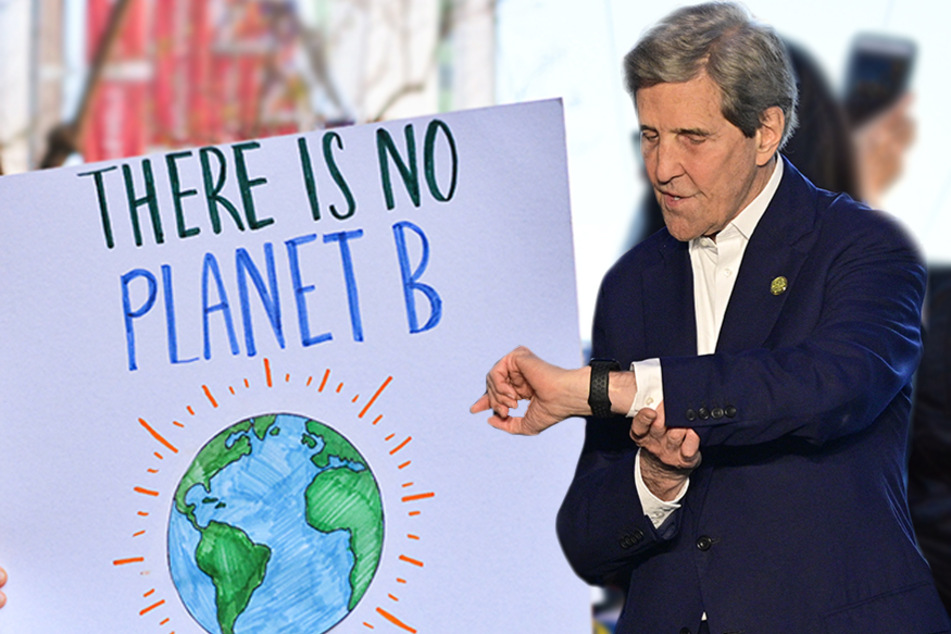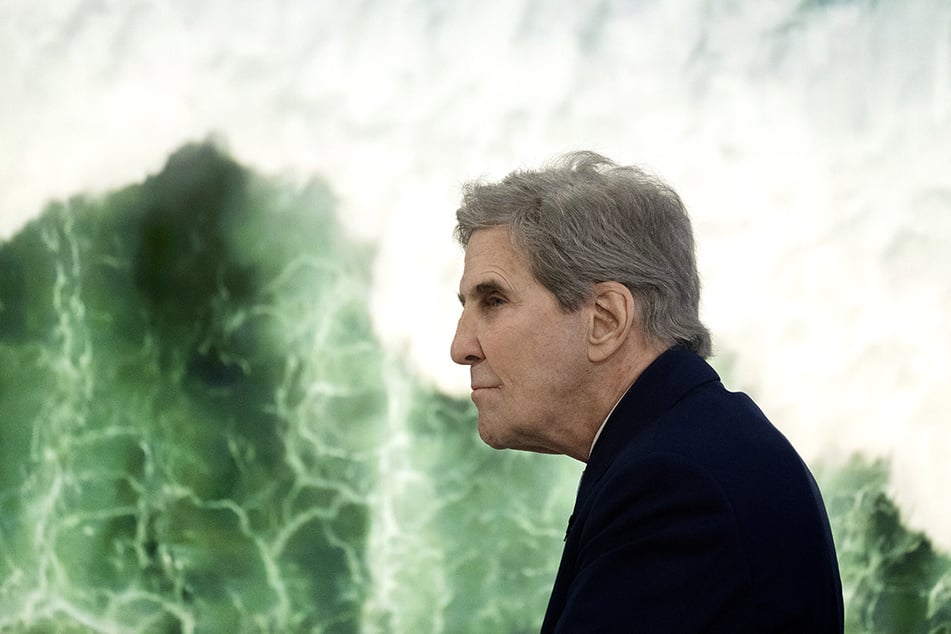Climate chaos will spread across "the entire planet," John Kerry warns
London, UK - Climate chaos will spread from across "the entire planet" and the world may already be past five irreversible tipping points, John Kerry has said.

Speaking to the defense and climate change parliamentary select committee, the US special presidential envoy for climate warned of coral reef die-off, melting permafrost as well as melting sea ice in the Barents Sea and the Arctic and Antarctic.
Tipping points are when the climate permanently changes the state of global phenomena, which then creates a feedback loop that further exacerbates global heating.
Melting permafrost, for example, releases large amounts of methane, a greenhouse gas thought to be around 30 times more potent than carbon dioxide, while melting sea ice means more of the sun’s energy is absorbed by the dark surface of the water rather than reflecting off the bright white sheets of ice.
Kerry said of the Arctic ice: "Vast amounts of it have been breaking off and going out to sea and melting.
"You can see levels of disruption that are coming at us, we have no ability to do anything except adapt or build resilience."
John Kerry says climate change is "happening faster than a lot of people anticipated"

Asked what countries he expects climate change effects to spread to in the next 50 years, Kerry said: "It’s going to expand to the entire planet. It’s happening right now.
"Sudan, South Sudan, Egypt, that entire area, the Horn of Africa is going, as a whole, to be enormously impacted, but also the Sahel.
"There are 10 million people a year who die of extreme heat and we’re witnessing in the last few days in India, millions of people sleeping outdoors in hope of getting through the heat because it’s [80 degrees Fahrenheit] at nighttime, and we’re seeing unheard of temperatures during the day.
"This is happening faster than a lot of people anticipated and I think that’s something we really need to take note of."
Despite the warnings, the US diplomat said he is still optimistic and that limiting the global temperature to 1.5 degrees above pre-industrial levels is still possible but "very hard."
John Kerry explains why he's optimistic about being able to meet climate goals
He said: "We are, as a species, really good at innovation, and when really pressed, we tend to be pretty good at finding solutions to major problems – sometimes late and later than it should be and with greater consequences than there had to be.
"If you have five tipping points, and two of them involve the potential of meters, literally multiple meters, double digits of sea level rise, that’s as good a definition of catastrophe as you can achieve.
"And the reality is that that is where we are headed unless we do more about it. Now, why do I have this measure of optimism and of our capacity? Because it is within our capacity ... We have the technology necessary to achieve our 2030 goal, we’re just not deploying it rapidly."
"We’re not building the supply chain rapidly enough to deploy, but the fact is that if we did do that, we could meet the goal," Kerry said.
Cover photo: Collage: Unsplash/@li_anlim/John MACDOUGALL/AFP

